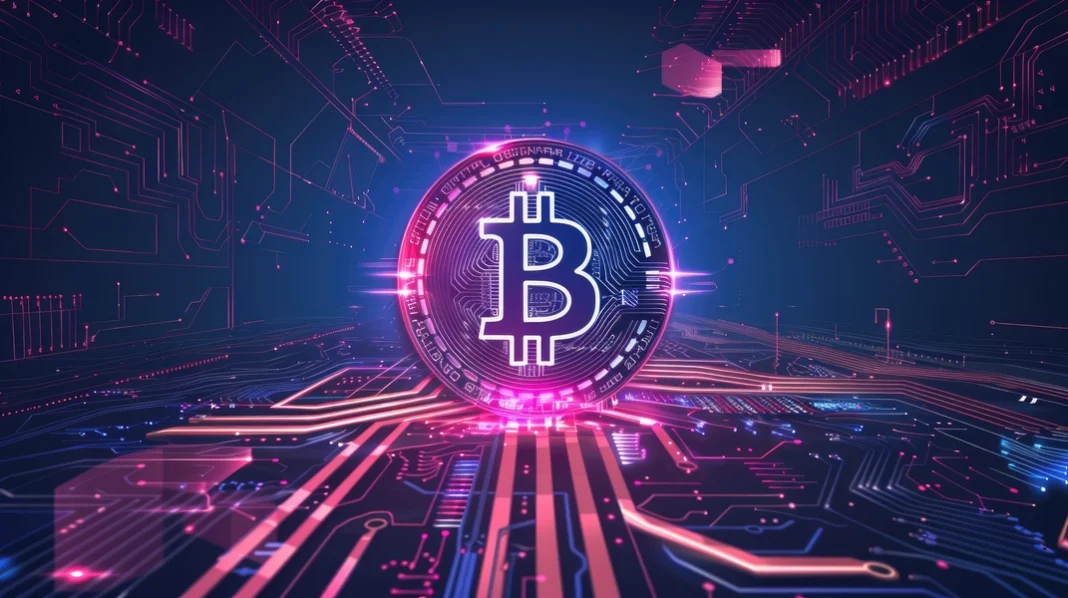
Originally published on: November 06, 2024
Cryptocurrencies like Ethereum and Bitcoin have revolutionized the concept of money. But have you ever stopped to ponder why you hold any of these digital assets beyond the obvious reasons of hedging and speculation?
At its core, the reason for holding cryptocurrencies like Bitcoin and Ether goes beyond safeguarding against global disasters or securing assets. Bitcoin allows you to pay for storing data on its blockchain, while Ether is utilized to pay for computational power within the Ethereum network. These digital assets represent a new form of currency that enables economic activity and fosters global interconnectedness.
The ability to pay for necessary computational resources to store data or execute transactions on a public, permissionless network like Ethereum is crucial. This decentralized approach to managing assets transcends borders and facilitates economic expansion without the need for complex business agreements or bureaucratic permissions.
As we venture into the era of globalization 2.0, the significance of a borderless, consensus-driven financial system becomes increasingly apparent. The traditional costs associated with global organization, such as running governmental organizations and negotiating trade agreements, can be significantly reduced by leveraging public ledgers and decentralized networks.
Moreover, advancements in technologies like onchain AI agents offer glimpses into a future where autonomous economic agents can drive economic activity independently. By harnessing the power of blockchain technology, these AI agents can interact with the digital world seamlessly, accept payments, and provide services with minimal human intervention.
The implications of this evolution extend beyond financial transactions to sectors like decentralized infrastructure networks and actively validated services. The possibilities of onchain AI agents integrating with these burgeoning technologies underscore the transformative potential of a permissionless and consensus-driven financial ecosystem.
In this new paradigm, nation-states that embrace this foundational network will not only boost productivity but also reduce organizational friction, enabling a more efficient and interconnected global economy. The future of money lies in the cost of achieving consensus and the innovative applications that emerge from this borderless and decentralized system.
As we navigate the complexities of a digitally interconnected world, one thing remains clear – the future of money is intricately linked to the cost of consensus in a globalized society.



